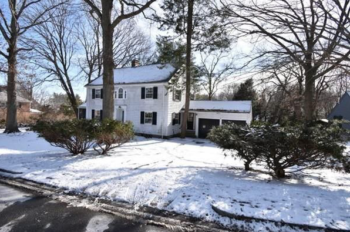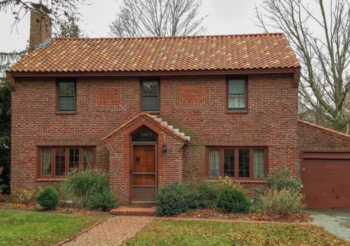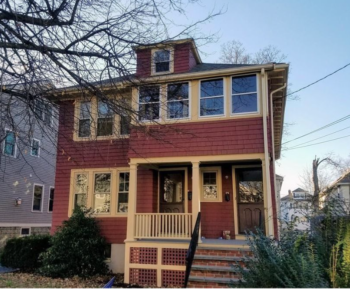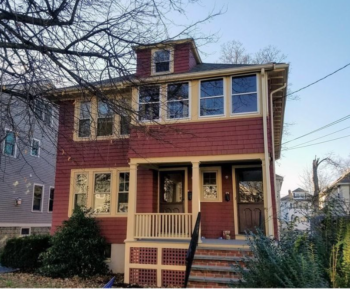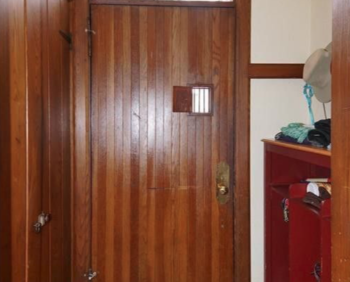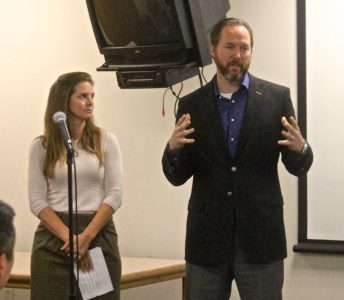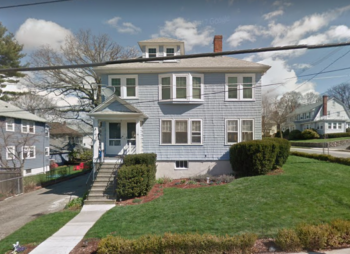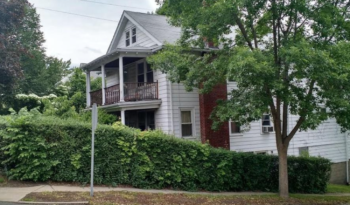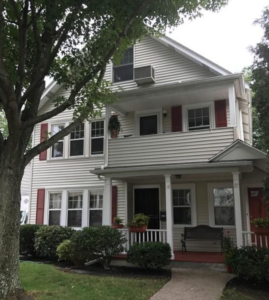Photo: Dockless bike share in Washington DC (Credit: Washington Post)
By early summer, Belmontians will be able to grab a bike for a buck and ride off to travel around Belmont and 14 nearby towns. When they’re done, the riders need only to park it at a centralized location and that’s it.
Welcome to bike sharing, Belmont-style, as the Board of Selectmen voted on Monday, April 9 to sign an agreement to join a regional bicycle-sharing program that is unlike the Hubway Bike Share program used in Boston (since 2011), Cambridge, Brookline and Somerville which require docking stations which municipalities need to invest thousands of dollars at several locations. Under the new “dockless” program, there is no cost to Belmont.
“This will help take cars off the street,” said Spencer Gober, Office of Community Development staff planner, who has been working with the Metropolitan Area Planning Council (MAPC) which brought together a group of 15 communities to join in a joint request for station-free proposals. In addition to Belmont, Watertown, Arlington, Lexington, Waltham, Bedford, and Concord and other cities and towns in Metro Boston are interested in joining the system.
About a year ago, several bike-sharing companies were seeking to establish relationships with individual municipalities when the MAPC took the lead to find the two vendors which were recently chosen to supply up to 2,000 bikes over the member towns and cities. The new dockless bike share system is taking off with Seattle and Washington launching programs using thousands of bicycles.
The service brings bikes with locks on their wheels that are opened by using the company’s app on their smartphone. Users can use the app to find locations of bikes which have GPS locators. The bikes will be located at designated public locations around town, including business centers and transportation hubs. Between 35 to 50 bikes – which may also include e-bikes, electric pedal-assist bicycles – will be located in Belmont with the cost per ride at $1, said Gober. Riders can cross town lines without leaving the network.






